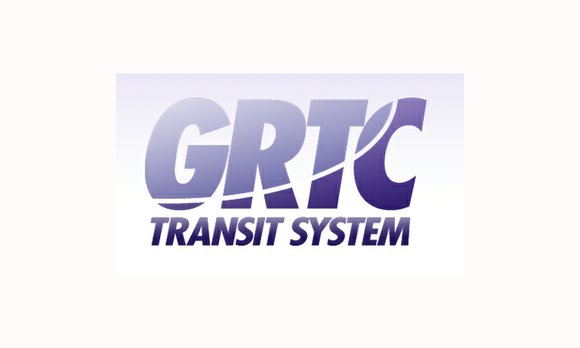GRTC fuel savings may reduce push to raise fares
Jeremy M. Lazarus | 7/21/2015, 4:20 p.m.
Diesel fuel is a lot cheaper these days — and that’s good news for public transit companies such as GRTC.
Richmond’s public transit company expects to save $1 million a year through 2018 as the result of a $1 per gallon decline in the fuel’s price.
The lower price for diesel will ease the stress on the company that relies heavily on nearly static city and state subsidies to maintain service. The result may be less pressure to raise fares for riders.
GRTC, which purchases about 1 million gallons of diesel fuel annually, currently pays $2.88 a gallon for it. The company locked in that price in early 2014, months before the price drop.
Under the current contract that lasts through March 2016, GRTC expects to spend $2.9 million for diesel, based on the $2.88 price.
The company’s savings will begin in April 2016 under a new contract the GRTC board approved last Friday. Then GRTC will start paying about $1.88 a gallon for diesel. The price will be in place through March 2018.
The result: GRTC expects to pay about $1.9 million a year for the fuel — at least $1 million less each year.
The company is among many now benefiting from the fuel price decline, including truckers and residential customers who rely on heating oil.
The fall in diesel prices has tracked the drop in crude oil prices that began in September 2014, aided by the boom in U.S. production and an overseas glut. GRTC’s staff has been keeping an eye on diesel prices and is now seeking to take advantage of the decline.
In addition to personnel costs, fuel is one of the biggest expenses for GRTC. In recent years, GRTC has been ordering vehicles that use cheaper compressed natural gas in a bid to save fuel dollars, but much of its fleet still relies on diesel.
GRTC agreed to the new deal with its current supplier, James River Solutions, an arm of Ashland-based James River Petroleum. James River was the low bidder on the contract, according to GRTC. Only two companies submitted bids.
Tracy Little, James River vice president, said the lower diesel price reflects “the new normal” in the oil industry.
Instead of shortages boosting oil prices above $100 a barrel — and spiking the cost of gasoline and other petroleum-based fuels — the forecast is for crude oil prices to average $55 a barrel or less for the foreseeable future based on the outlook for supply, Ms. Little said.
“That’s good news for our customers,” she said, “and it means oil will be more competitive with natural gas.”







